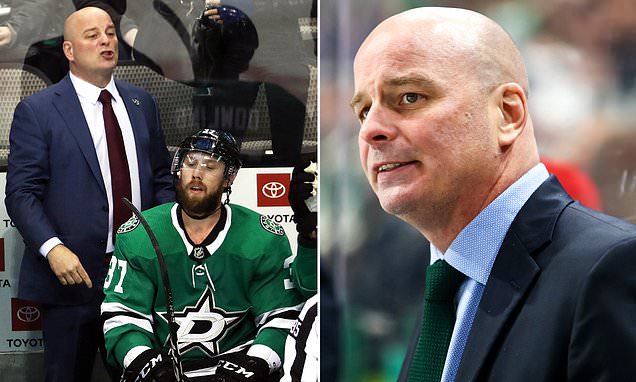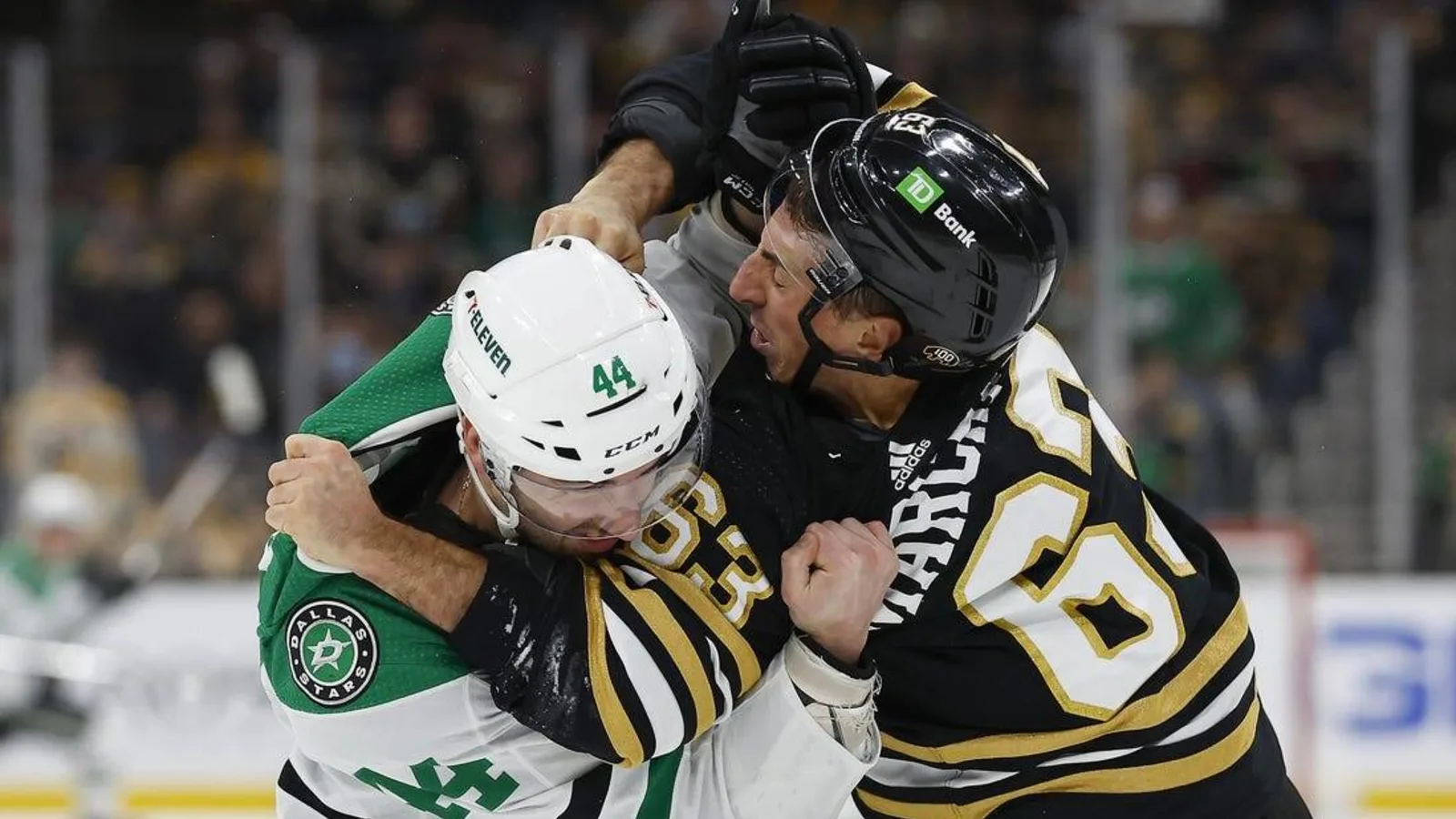
The rapidly approaching 2024 NHL Trade Deadline is casting a spotlight on the Boston Bruins, who are faced with a long laundry list of needs. After setting records just a season ago and committing fully to competing for the Stanley Cup, the Bruins must now make difficult decisions that have to factor in many different considerations.
Throughout the season, the Bruins have maintained a consistent presence near the top of the NHL standings, currently sitting just one point away from the top spot. Following a series of significant changes in the offseason, marked by big-ticket departures and strategic low-risk signings to fill gaps, the team has largely succeeded in patching up its roster. Success in the regular season, however, doesn’t automatically translate to Stanley Cup contention, and this should give the Bruins reason to assess their immediate championship prospects and establish realistic expectations. With those realistic expectations comes a realistic willingness to trade assets from an already dwindling cupboard, as well as the understanding that the salary cap is not the Bruins’ friend this season.
As it stands, the Bruins are without their own first or second-round picks in the 2024 NHL Entry Draft. They also didn’t have a selection in either of the first two rounds in the 2023 NHL Draft, nor a first-round pick in the 2022 and 2020 NHL Drafts. The bill will come due soon for the Bruins and failing to make selections early in the Draft won’t lead to long-term success.
Bruins Record Indications
With just 20 games remaining in the 2023-24 NHL regular season, the Bruins have a 34-12-14 record and a plus-37 goal differential. Immediately, three things jump out from those numbers.
For starters, the Bruins may be one point out of first place in the NHL standings, but they sit at just ninth in the NHL in total wins. This goes hand-in-hand with the second thing that’s apparent, being the Bruins’ 14 overtime points. The Bruins have struggled to win games in regulation this season and have struggled to seal wins after the conclusion of the third period. Come playoff time, 3-on-3 overtime and the shootout won’t be factors, but the Bruins have struggled to prove that they can consistently perform for a full 60 minutes, let alone do so with the threat of full extra periods in mind.
Some of this comes down to poor play from the skaters on the ice, but some of this also has to be attributed to coaching decisions late in games. The Bruins’ 14 points from overtime and shootout losses make them one of just two teams within the entire playoff picture in either conference to have double-digit points coming from such a manner; the other being the Los Angeles Kings who have 10 and sit in the first Wild Card spot in the Western Conference.
The third thing that the Bruins’ record indicates is that, despite all of this, the team is still producing like one of the top teams in the NHL with a plus-37 goal differential. Numbers can always be manipulated to look good or bad depending on the context attributed to them and it would be fairly easy to argue for or against the fact that this team is a legitimate contender. It’s simple to look at the Bruins’ recent skid following the All-Star break and form the opinion that this Bruins team should immediately sell all of their valuable expiring assets and reset for next season. For management, though, that decision isn’t an easy one as this team is still near the top of the standings and convincing fans that this team should sell rather than compete would be no easy feat (and rightfully so, fans pay to see teams compete and win).
Bruins Must Consider Various Factors at the Trade Deadline
At the same time, the Bruins have multiple needs that must be filled, various expiring contracts, and are operating in what appears to be a seller’s market at this year’s deadline. As it stands, the Bruins have Jake DeBrusk, Matt Grzelcyk, Derek Forbort, James van Riemsdyk, Danton Heinen and Keven Shattenkirk as notable pending unrestricted free agents. The Bruins haven’t made significant progress on contract talks with either of the first two names listed and must consider all avenues as the March 8 Trade Deadline looms. This could also include the future of goaltender Linus Ullmark, who has one year remaining on his contract beyond this season.
With this market already shaping up to favor sellers rather than buyers, the Bruins must consider both the cost of acquiring players and the opportunity cost of not trading away their players. Admittedly, the Bruins could do a little of both this season and bolster their current roster by trading away expiring pieces in deals, but it takes two to tango and that doesn’t guarantee an immediate upgrade anyway.
At the end of the day, the Bruins would probably gain the most value by being sellers at the deadline and re-evaluating their position in the offseason with more doors open to them. Despite this, the Bruins will probably float somewhere closer to buyers as they address some of their needs; be it the big ones, or small patchwork that doesn’t break the bank. If players like DeBrusk and Grzelcyk are treated like internal deadline additions, then the Bruins still have a chance to retain them beyond this season and they’d come without the expense of shipping out much-needed draft picks and assets.



Be the first to comment